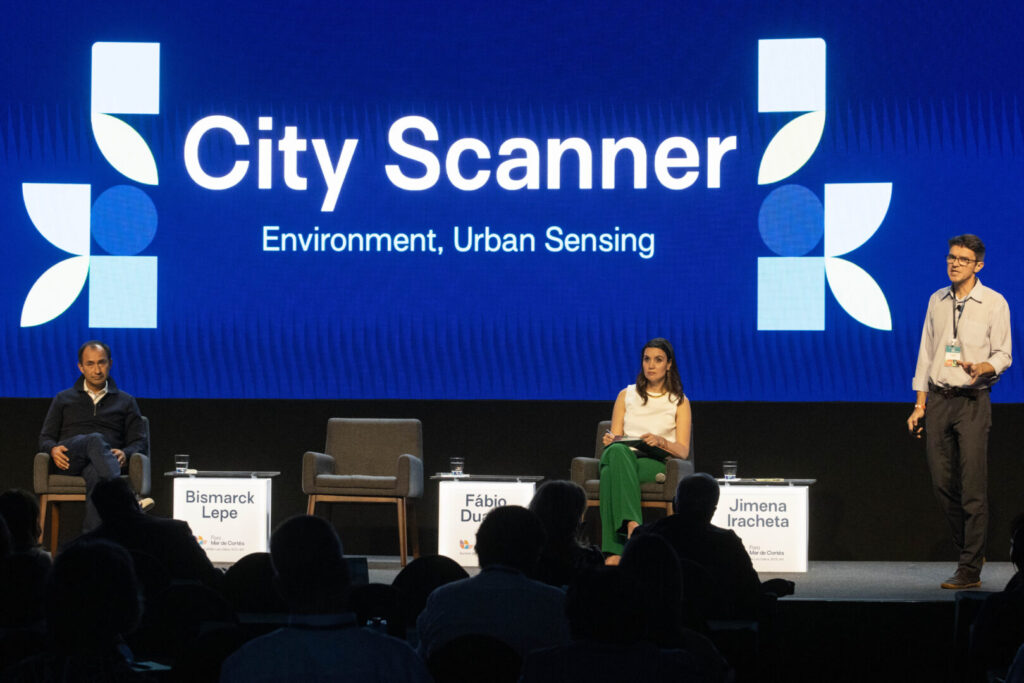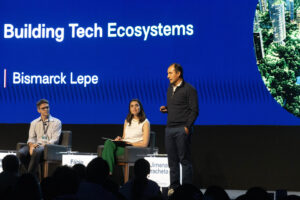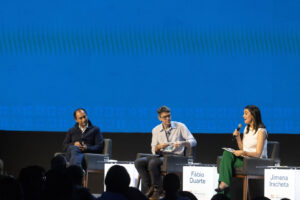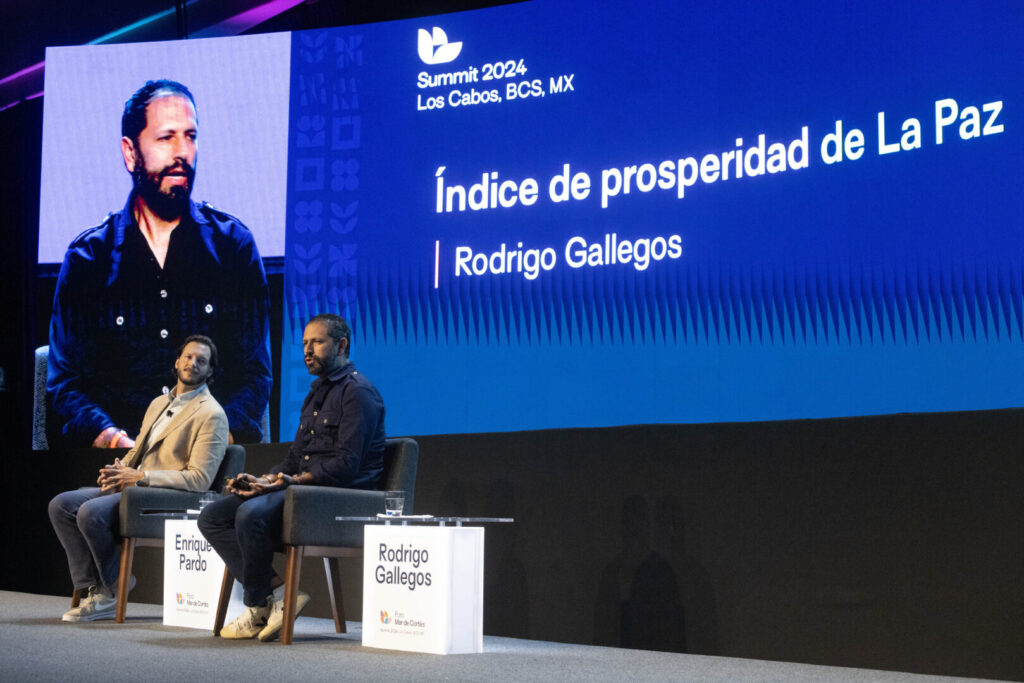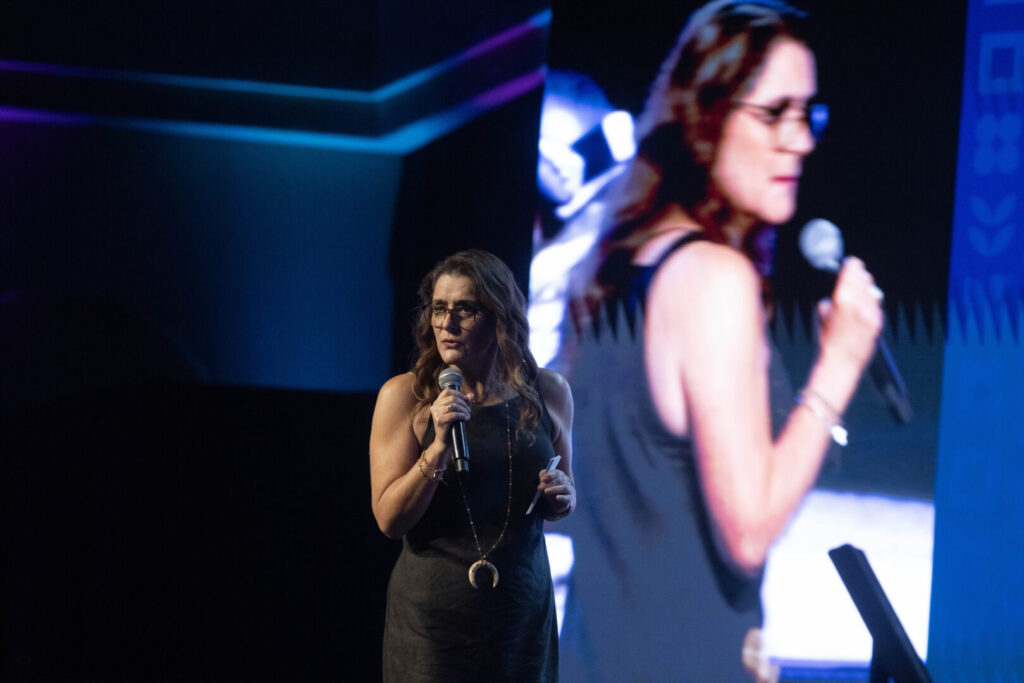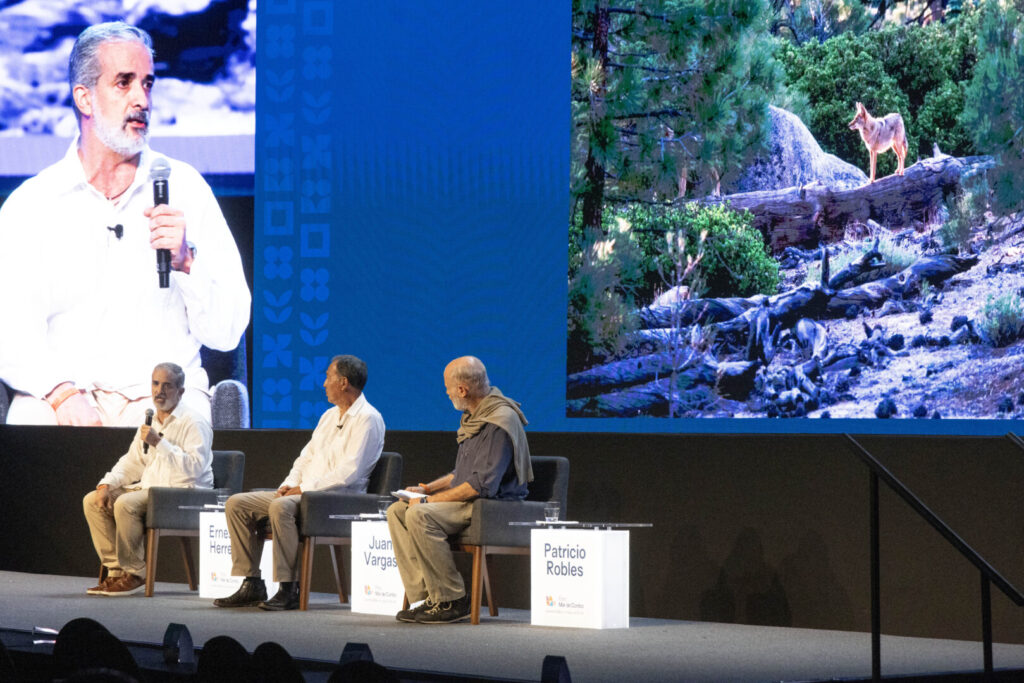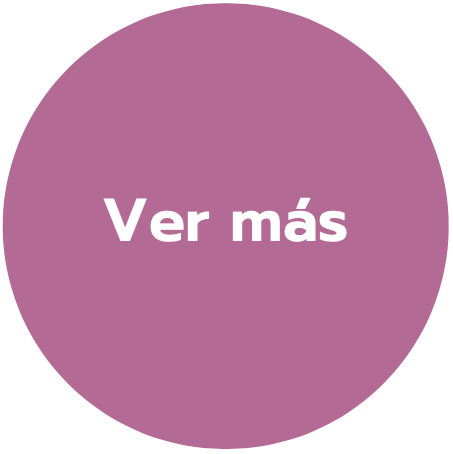Los Cabos, BCS. _ In 2008, when the economic crisis caused by the recession of United States already had one of its highest peaks in the world, Bismarck Lepe decided to invest.
The decision may have seemed risky at a key moment when venture capital was tight and companies were closing everywhere, but Lepe, who had founded the company in the mid-1980s, was not the only one to have made the decision. Ooyalaa platform that helps the monetization and profitability of videos on the Internet, saw a business opportunity as was already happening with projects.
"Although the financial crisis was very difficult for many, the reality is when Twitter was growing, Facebook was growing, the iPhone came out and Apple was growing and we said that by 2009, as soon as investors start investing again, this is going to get super difficult," he narrated to the attendees of Summit 2024 Cities with a Future. No fear of action.
The entrepreneur said that when the 2008 crisis hit, he hired consultants to find out where he could set up a development company, but his surprise was that the main proposal was to invest in the following areas Mexico.
The best place to do your project was Guadalajarafound talents on the campus of the Tec de Monterrey with the same or greater capacity of engineers with whom he had previously worked in this city with the same Google.
This is how he convinced investors to bet on Ooyala, facing giants such as Hewlett-Packard, which had offices in Guadalajara.
In Ooyala, however, it was understood that we had to bet on values and generate a culture among the talents, such as proactivity, taught by people like Adalberto Floresfounder of the Mexican fintech Kueski.
"It started to teach the culture of doing without having to wait to be told what to do," he said.
But that was not all; Ooyala was the way to teach the community how to bet on new businesses by investing to raise capital.
"It is easy to think that all this is very difficult, that the economy, the government, that right now we don't have academic institutions and make excuses, but the beauty of this event (Summit 2024) is that there are enough individuals and commitment to society and communities that we can have a positive impact," Lepe said.
During his participation in the fourth summit organized by Sea of Cortez Forum, Bismarck Lepe urged investors to take a turn and invest in local projects.
The birth of Wizeline
In 2014, the following were sold Ooyalabut that capital was used to fund Wizelineone of the fastest growing global providers of technology services, with headquarters in Zapopan, Querétaro y Mexico City.
Bismarck Lepe learned three keys with Ooyala, which she shared during the Summit 2024 from Sea of Cortez Forum and can be consulted below:
Creating talent communities
"It would be amazing if instead of creating these cathedrals of information, we focus on creating communities of talent, where instruction can come from all over, we can have the best teachers from all over the world, be here and we support those students with scholarships to come and focus here," he said.
"It's interesting how ideas can detonate in corporations and companies when there is a concentration of talent."
Investing capital in local companies
Incentivize local investments, decentralize support and encourage local corporations to invest capital to strengthen domestic markets.
"If there are good transactions, the funds are going to make more money, the employees are eventually going to be able to invest in the companies themselves and so the ecosystem continues to grow.
Creating a culture of experimentation
"Innovations come from experimenting. Nobody likes to fail, but sometimes it is necessary to do and learn from that."
Adapting artificial intelligence to business: Fabio Duarte
During the Conversation Cities: a place for the development and creation of scientific, economic, environmental and social technologies, Bismarck Lepe shared with Fabio Duarte.
The Associate Director of Senseable City Lab and Professor of Technology and Urban Planning at the MIT said that one of the current needs of the business ecosystems is the adaptation of the artificial intelligence in the companies.
Along with Lepe, he considered that companies should bet on hiring local talent to develop technologies that, in turn, help improve communities.
"I think this is important to understand, that everything we do we can do anywhere and this is quite good, because if we want to think about the future of cities, it is in development companies that already make use of artificial intelligence to improve processes," he said.
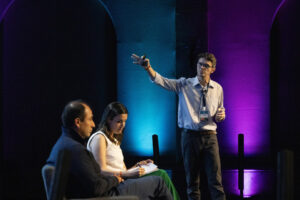
Duarte took the opportunity to show different types of developments based on improvements to local processes in cities such as Amsterdam, Rio de Janeiro y New YorkThe project has been designed to provide a wide range of services, such as creating tree guides, garbage collection or the composition of cab transport routes.
The artificial intelligenceThe opportunity, he said, is an important possibility to meet the needs of cities, but development is still costly, so the opportunity with the greatest potential lies with local development companies so they can create small systems that benefit their communities.

